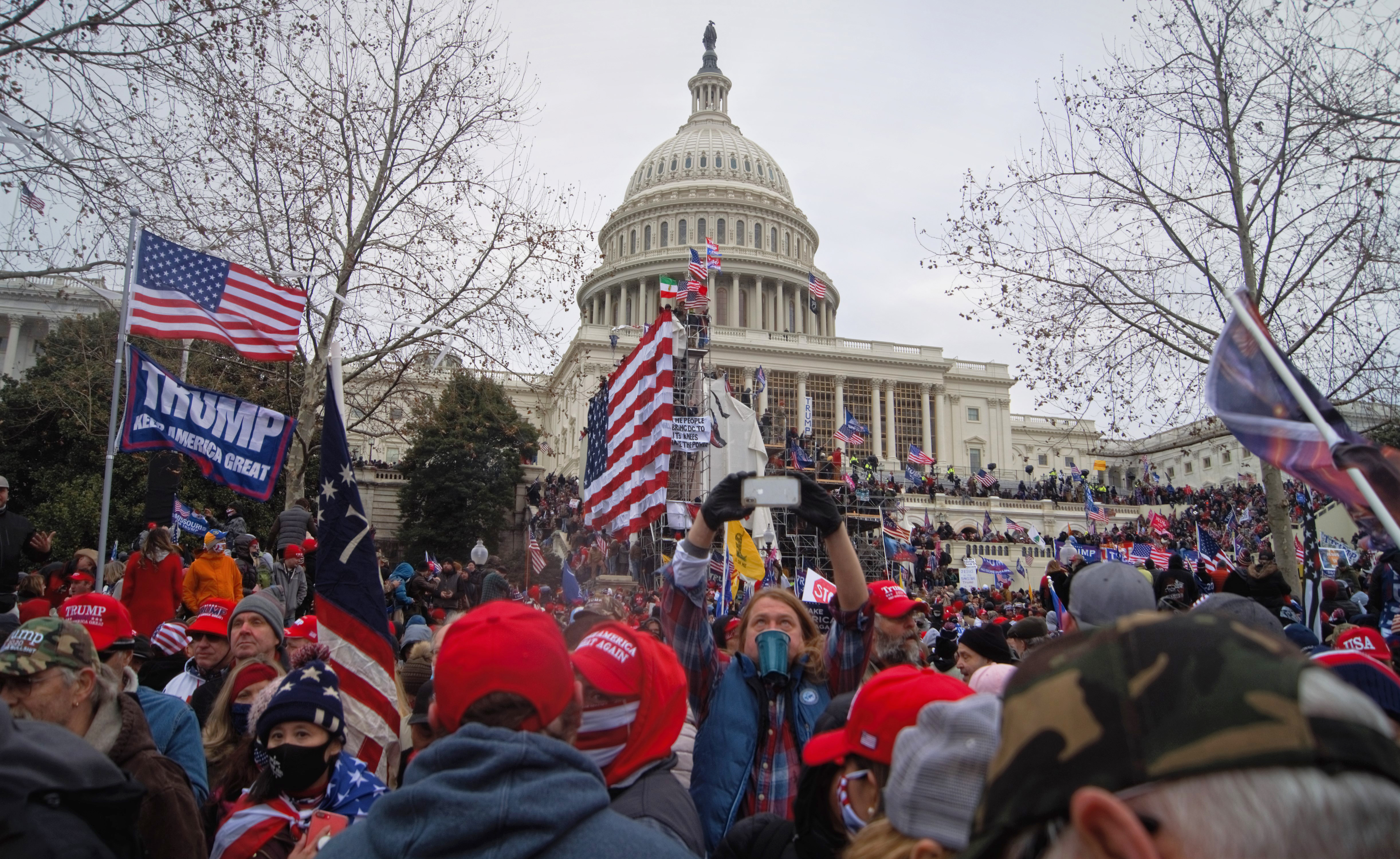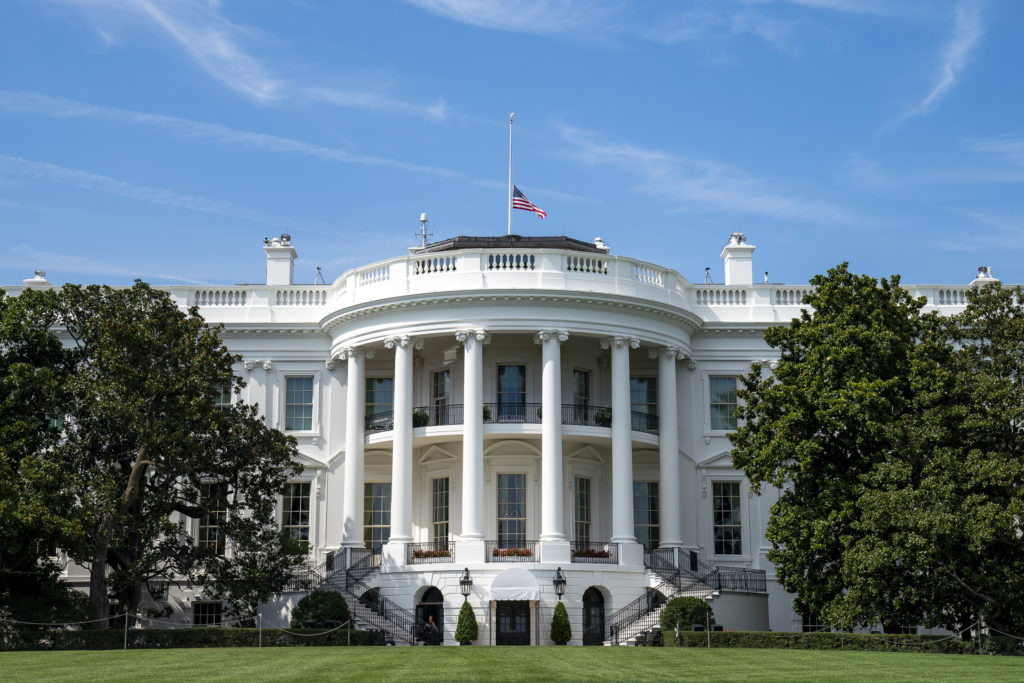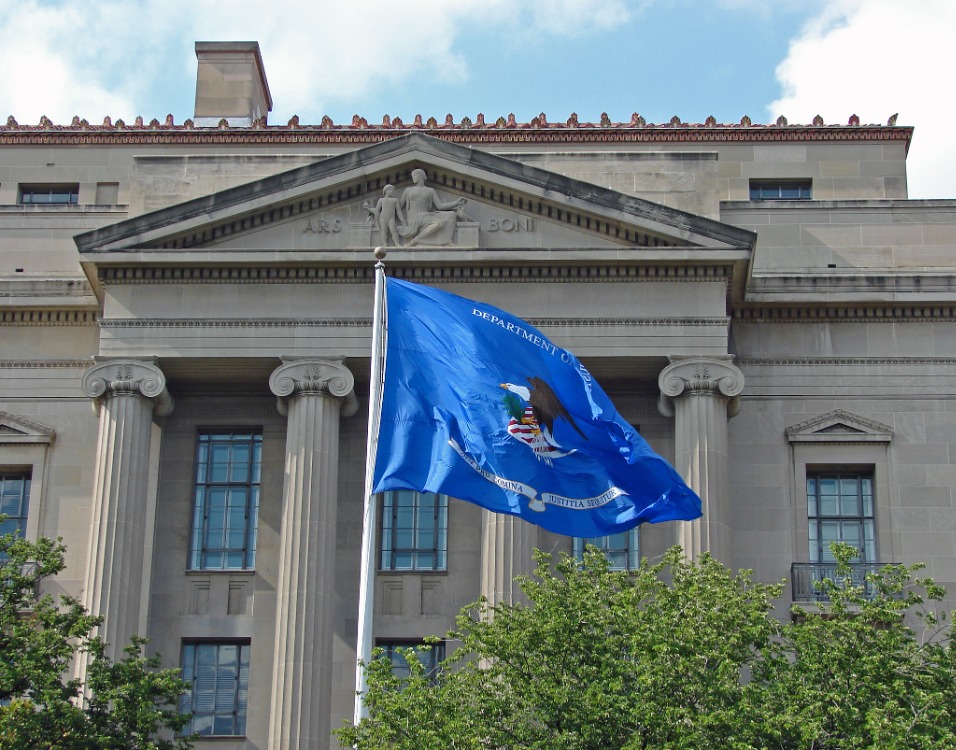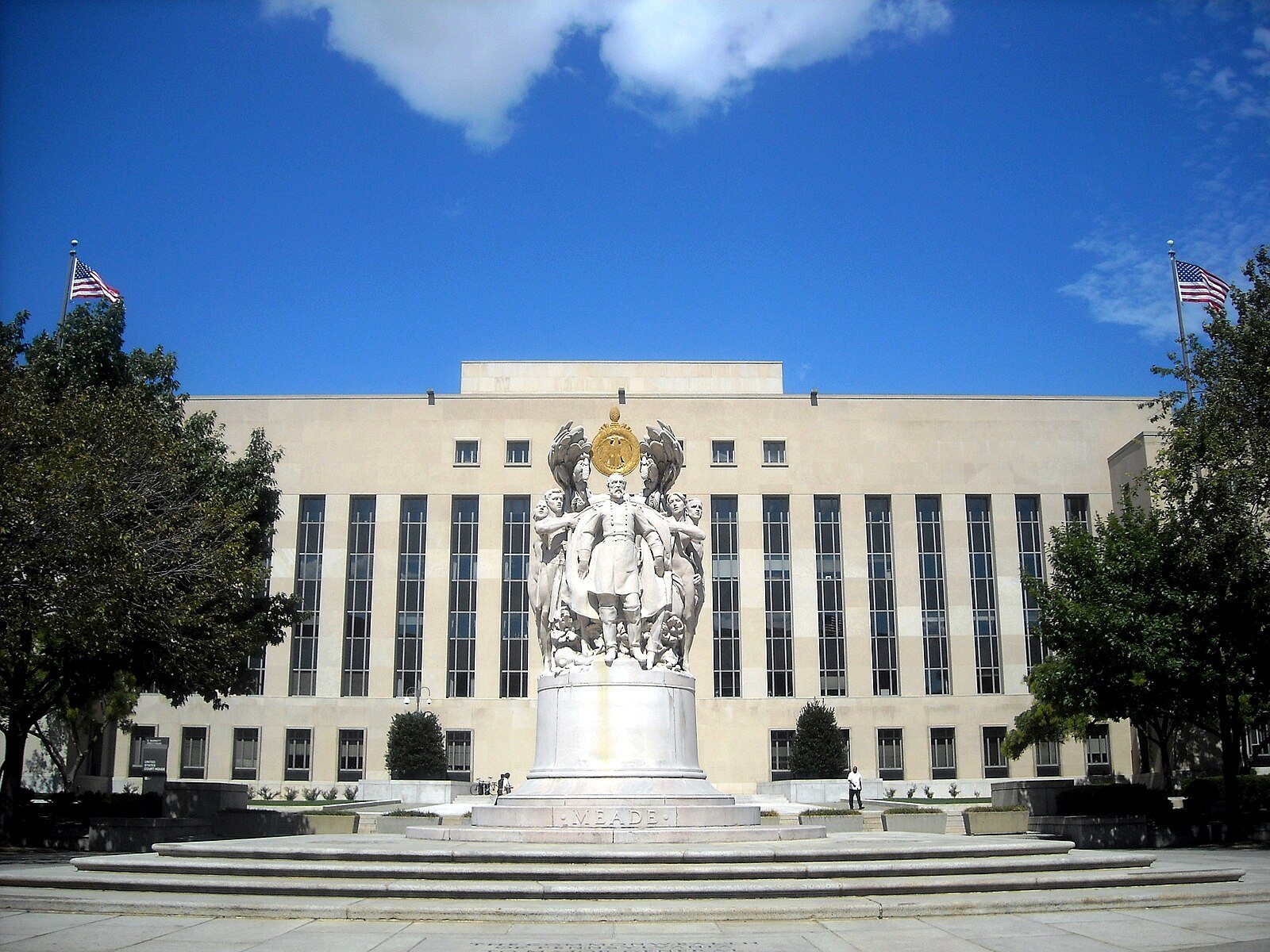Interpreting the Key Misdemeanor Charge in Jan. 6 Cases

Published by The Lawfare Institute
in Cooperation With

The opinions of U.S. district judges in Washington, D.C., are split on the state-of-mind required for a defendant to commit the key misdemeanor charge the Department of Justice has leveled in cases in connection with the Jan. 6, 2021, attack on the U.S. Capitol. At least 1,276 of 1,358 defendants charged in connection with Jan. 6—about 94 percent—have faced some version of the following misdemeanor charge: knowingly entering or remaining in any restricted grounds or building under 18 U.S.C. § 1752. At least 116 of Jan. 6 defendants—about 10 percent—have faced a felony version of the charge, because they allegedly used a “dangerous or deadly weapon” at the time of the offense.
While the statute requires that defendants “knowingly” commit the offense, judges have disagreed about precisely what it is they must know. The source of the confusion lies in the unusual structure of the statute:
(a)Whoever—
1. knowingly enters or remains in any restricted building or grounds without lawful authority to do so;
…
or attempts or conspires to do so, shall be punished as provided in subsection (b).
…
(c) In this section—
1. the term “restricted buildings or grounds” means any posted, cordoned off, or otherwise restricted area—
…
(B) of a building or grounds where the President or other person protected by the Secret Service is or will be temporarily visiting.
In the Jan. 6 cases, the government typically contends that § 1752(c)(1)(B)—the portion of the statute that refers to whether the president or another person protected by the Secret Service was there or planned to be there—was satisfied because Vice President Pence (depending on the case) either was present at the Capitol or would be visiting temporarily at the time the defendant entered a restricted zone. (Some Jan. 6 defendants have also been charged under §§ 1752(a)(2), 1752(a)(3), or 1752(a)(4), which describe knowingly engaging in other conduct in a restricted zone, including, respectively, “disorderly or disruptive conduct”, “imped[ing] … government business”, or “physical violence.” Cases brought under those provisions present exactly the same mens rea, or state of mind, questions as those brought under the “enter[ing] and remain[ing]” subsection.)
While all judges considering these charges in Jan. 6 cases agree that the crime has to be committed “knowingly,” there is a striking split on just how far the term “knowingly” reaches. At least three judges have sided with the government in finding that “knowingly” extends only to the first part of § 1752(c)(1): knowingly being in “any posted, cordoned off, or otherwise restricted area.” These judges include U.S. District Judges Trevor N. McFadden (U.S. v. Griffin), Beryl A. Howell (U.S. v. Eicher and U.S. v. Carnell), and Tanya S. Chutkan (U.S. v. Vo).
Four judges, however, have agreed with the defendants that “knowingly” modifies not only § 1752 (c)(1) but also (c)(1)(B)—the part of the statute that refers to whether the president or other official protected by the Secret Service is in or planned to be in the vicinity. These include U.S. District Judges Carl J. Nichols (U.S. v. Elizalde), Royce C. Lamberth (U.S.v. Hostetter), Jia M. Cobb (U.S. v. Samsel), and Christopher R. Cooper (U.S. v. Groseclose). According to Nichols, Lamberth, Cobb, and Cooper, the government must additionally prove that the defendant knew that he or she was in any area “where the President or other person protected by the Secret Service [was] or [would be] temporarily staying.” This interpretation presents a much more significant challenge for prosecutors than merely proving that the defendant knew he or she was in, for instance, a “cordoned off” zone. While evidence that defendants observed clear visual cues such as posted signs or barriers can establish that they knew an area was restricted, such evidence will rarely clarify why an area was restricted. As a result, prosecutors may struggle to establish that some defendants understood that a visit by someone protected by the Secret Service was the reason for the restriction of the area.
Judges and juries have not had much trouble meeting the bar where 18 U.S.C. § 1752 has been construed to only require proof that the defendant knew that he or she entered or remained in a cordoned off or restricted area. One judge, for instance, after bench trial, convicted a defendant under that statute based on proof that he had been aware of tear gas, police cordons, snow fencing, a blaring alarm, and bicycle racks used as barriers for a restricted area.
Judges who have agreed with the government that the statute only requires proof that the defendant knowingly entered a “cordoned off” area have drawn from two methods of interpretation to support their conclusions about the meaning of the law: textualist reasoning, which generally focuses on the plain meaning of the statute’s language, and purposivist reasoning, which interprets the law with an eye to addressing the problem that motivated Congress to pass the statute. Judge McFadden explained, for instance, that “the best evidence of Congress’s intent regarding the mens rea” of § 1752 lies in the statute’s text. That intent could be gleaned from the fact that “Congress specifically included a mens rea requirement in those portions of the statute laying out the elements of the offense, while excluding that mens rea requirement in the definitional provision,” he continued. Because “knowingly” appears at the beginning of each element identified in subsections (a)(1) through (a)(5) but the scienter requirement “appears nowhere in the definitional provision of (c)(1),” McFadden concluded that Congress did not intend for “knowingly” to apply to the subsection referring to the presence of a Secret Service-protected person.
On the purposivist side, McFadden also reflected that “it doesn’t make a lot of sense ... that the government would have to prove somebody knew that a specific dignitary was there” in order to be guilty of violating § 1752. The statute, after all, is designed to safeguard Secret Service protectees, and demanding such proof could require the Secret Service to disclose in advance of an event when particular protectees would be in specific areas, undermining the purpose of the law.
McFadden has also reasoned, in a separate ruling in the same case, that the statutory history of 18 U.S.C. § 1752 further supports the government’s interpretation of the statute’s mens rea requirement. He noted there that “at every turn [Congress] has broadened the scope of the statute and the potential for liability” when it has revised the statute, including by “lower[ing] the mens rea requirement[.]”
The four judges who have ruled the other way—that “knowingly” applies to all portions of the “restricted buildings or grounds” definition, including the portion about protected persons being present—have based their decisions almost entirely on textualist arguments. For example, Judges Nichols and Cooper each reasoned in Elizalde and Groseclose, respectively, that “knowingly” is usually read to apply to all subsequently listed elements of a crime and thus should be read to cover the statute’s entire definition. To support this argument, both judges cited the U.S. Supreme Court’s guidance in Rehaif v. United States, which asserts that as “a matter of ordinary English grammar, we normally read the statutory term ‘knowingly’ as applying to all the subsequently listed elements of the crime.” Nichols also followed the Court’s direction in Flores-Figueroa v. United States, which determined that “‘[w]hen a transitive verb’ (like ‘enters’) ‘has an object,’ (e.g., ‘any restricted building or grounds’), ‘listeners in most contexts assume that an adverb (such as knowingly) that modifies the transitive verb tells the listener how the subject performed the entire action, including the object.’”
The judges who take this position have yet to find a strong enough reason to overlook what they view as the statute’s plain meaning. Cooper and Nichols, for instance, have rebuffed the government’s purposivist argument that requiring a defendant to know of a protectee’s location undermines the objective of safeguarding those protected by the Secret Service. Indeed, they have raised purposivist counterarguments that could be even more convincing than that of the government. Maybe Congress believed, both Cooper and Nichols proposed, that a person who ignored the fact that a Secret Service protectee was visiting was more worthy of punishment than one who did not. These judges have expressly rejected the arguments that judges on the other side of the debate have hinged their positions on. For example, McFadden found it conclusive that “knowingly” was found in one subsection of the statute, but not in the § 1752(c)(1) definitional subsection referring to protected persons. Nichols, in turn, brushed this argument aside, finding that “Congress had no need to include ‘knowingly’ in the statutory definition[:] ... Congress already required knowledge of the ‘restricted building or grounds’ element by using ‘knowingly’ in the substantive provisions; it specified what ‘restricted building or grounds’ means by defining the term.” Nichols also noted that “it would have been exceptionally strange for Congress to include a mens rea element in the definition [of restricted grounds]: A particular defendant’s knowledge is irrelevant to whether a given area is a ‘restricted building or grounds’; knowledge matters only when it comes to determining whether an individual violated the statute by engaging in a particular action in a ‘restricted building or grounds.’” Ultimately, the tension between Nichols’s and McFadden’s textualist and purposivist interpretations reveals the central challenge that the ambiguity of § 1752 presents: Similar analytical approaches can produce opposite conclusions.
It is possible that we may be getting appellate guidance on this question very soon. Jan. 6 defendant Couy Griffin has appealed his conviction under § 1752, arguing that, among other things, the government failed to prove he knew that a Secret Service-protected person was present or expected on the premises where he allegedly trespassed. A panel of the U.S. Court of Appeals for the D.C. Circuit heard oral argument on Dec. 4, 2023. Its ruling could impact not only the more than 1,300 defendants who’ve been charged with versions of this offense but also the Department of Justice’s legal strategy for holding a large number of rioters accountable for the Jan. 6 insurrection. If the D.C. Circuit determines that prosecutors must prove defendants knew of Vice President Pence’s visit in order to triumph in their § 1752 claims, then the Department of Justice will face a crossroads. Prosecutors can rely on new arguments that attempt to establish general knowledge of the Pence visit among the rioters, perhaps based on the language in the speech of Rudy Giuliani that many attended before entering the Capitol. Prosecutors can narrow their use of § 1752 charges, dropping those charges except when evidence specific to a defendant such as social media activity demonstrates that the defendant knew of Pence’s visit. Or prosecutors can dispatch with their reliance on § 1752 entirely, allowing many rioters to escape punishment and focusing instead on proving other charges, including vandalism against a select set of rioters whose actions the Department of Justice finds most worthy of punishment.






